Decolonize the Documenta: Antisemitism, Unlearning, and the Failure of Translation
Ayelet Zohar
This essay reads into the multiple crises in Documenta Fifteen, through a close analysis of two cases and their long casted shadows over the Documenta exhibition. This reading also reconsiders the effects of the debates between the Indonesian collective ruangrupa, who served as the curators of the exhibition, and the German organizers, debates that escalated into conflict, threats and mutual accusation of racism, antisemitism, and so forth. Through the analysis offered, I indicate how the effort to “translate” a set of concepts, ideas, terminology, historical facts, and events from one culture to the another is in actuality entrenched in failure, for the impossibility of translation of such myriad and complex facts and events.
In analyzing the scandal around Taring Padi’s People’s Justice, I delves into issues of collectivism in East Asia, relying on interpretations suggested by Japanese scholars who attended to these problems in Japan, which are different to the Indonesian historical and practical issues, in many ways. Nevertheless, this analysis can help in understanding the nature of the “collective,” and its growth in societies and the art world stemming from cultural and societal roots in the “rice villages.” To this point, I add the discussion of antisemitism in Indonesia and its entanglements of colonialism in Indonesia, through Jewish presence under the patronage of the colonial forces from the Netherlands, arguing that antisemitism in Indonesia is more likely connected to its colonial past, than to its Muslim present.
The second analysis refers to the crisis around the screening of Tokyo Reels programme, which was organized by the Transgressive Film collective. The films proposed were created by a selection of radical artists who were active in the 1970s in Beirut, identifying with the Palestinian cause, and joining together in their struggle for independent state and self-governing. Yet, the organizers referred to this collection as “biased propaganda” and did not permit the screening of these films in the Documenta Fifteen.
My conclusion is that in clinging to one’s starting argument, without the ability to allow a dialogue, exchange and discussion, is what led to the crisis in the Documenta Fifteen. Each of the participating sides (organizers and curators) stuck to their guns, and did not allow a good arena for discussion, that may have created a true possibility for exchange and the possibility of a multifocal, parallax points of view that reside together.


